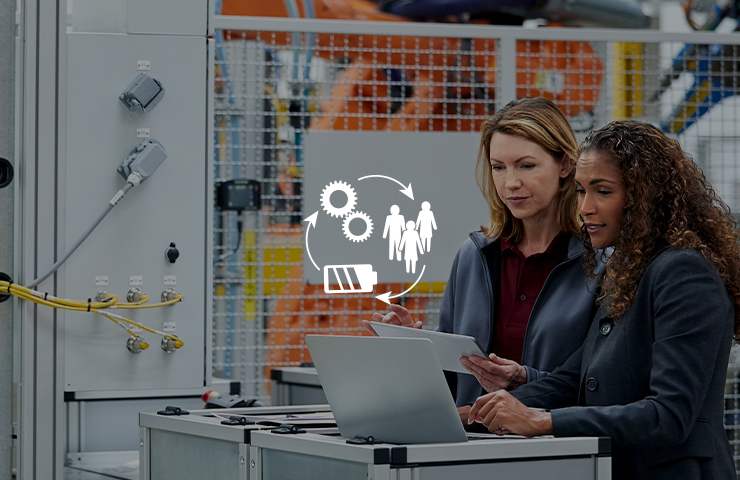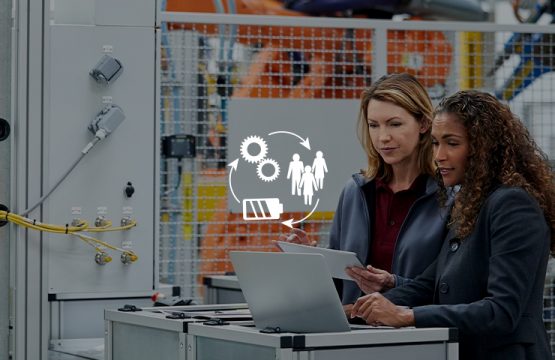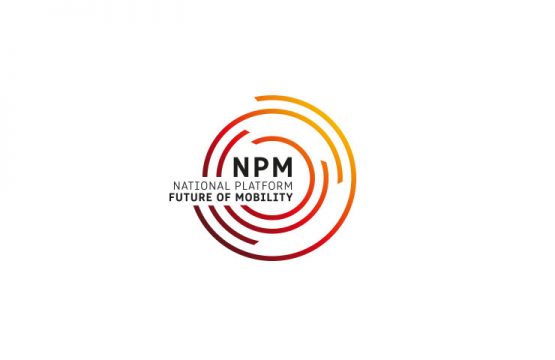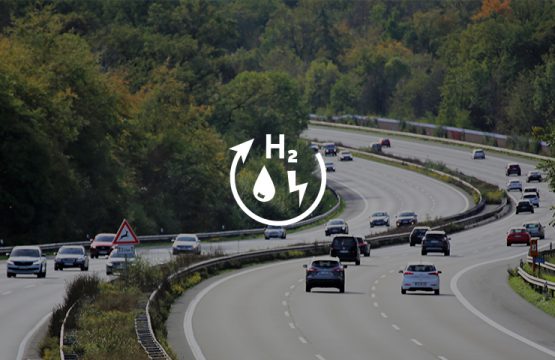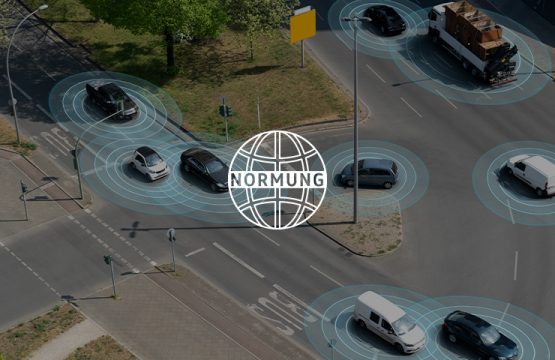There is a good chance that fuel cell technology can achieve a break-through in mobile applications. Its technological maturity in the automotive industry, its potential for synergies with other hydrogen applications and industries, a significantly different regulatory framework and a new political vision, as laid down in the National Hydrogen Strategy, all support the development, expansion and utilisation of fuel cell technologies in various applications.
In order for Germany and Europe to take on a leading role in the area of fuel cell technologies in the future, the global competitiveness of the automotive industry, or the German and European industries as a whole, needs to be strengthened and sustainably developed. In its position paper Fuel cell, published today, the experts of NPM’s Working Group 4 Securing Germany as a place for mobility, production, battery cell production, primary materials and recycling, training and qualification are providing a qualitative analysis of the value network around fuel cells for Germany and Europe.
In order to achieve the climate goals, new key technologies with a large potential for reducing emissions are needed. In addition to battery-electric drives, electric drives on the basis of hydrogen or fuel cells fit the bill for applications with high performance and energy requirements as well as large ranges. These encompass long-distance and heavy-duty applications on the road as well as in shipping, aviation and rail transport.
The position paper provides a qualitative analysis of the status quo of the value networks around the production of fuel cells and its components with a focus on automotive applications. The analysis focuses on the central value stages of primary materials, membrane electrode assembly (MEA), manufacturing of bipolar plates (BPP), stack and system assembly and recycling. For these value-adding steps as well as for the key components of the fuel cell system, various aspects are looked at and evaluated, such as the scientific basis, development and production know-how, recruitment and training, investment base/confidence, sustainability and environmental compatibility and energy-related factors.
The analysis has shown that both Germany and Europe have to make up ground at various points in the value chain compared to their international peers. This applies in particular to the efficient use of primary materials, closing raw-material cycles, development and production in the area of membrane electrode assembly (MEA), basic research into bipolar plates and stack assembly as well as research and development (R&D), cost reduction and expansion of supply chains for components such as hydrogen recirculation fans, DC/DC, humidifiers, tanks and electronic air compressors. When it comes to system assembly and components such as power distribution units, high-voltage wiring sets, tank valves and pressure regulators, however, European players as a whole are at least on a par with other key global players. Needs-based fuel cell development and production are essential for the European automotive industry to maintain its leading role. This requires extensive R&D activities and a high level of manufacturing at all stages of the value chain in Germany and Europe.
The consequences of this change in drive systems for employment in the automotive industry need to be mitigated by means of requalification and adaptation programmes. Education and training of the respective skilled workers and recruitment of experts at universities as well as in businesses will play an important role in securing the development of Germany’s and Europe’s future leading role in fuel cell technology. These measures will also help in exploiting the associated innovation potential.
Last but not least, the market for fuel cell vehicles needs to be developed and made attractive to users. This includes the expansion of the refuelling infrastructure for hydrogen. Apart from reducing the cost of this technology through an increase in numbers and strategic partnerships, another important international aim is the harmonisation of standards and norms.
The position paper Fuel cell is available to download on www.plattform-zukunft-mobilitaet.de/berichte/ (in German).
About NPM – National Platform Future of Mobility
The National Platform Future of Mobility brings together experts in the fields of politics, the private sector, associations, research institutes and NGOs to develop visions for sustainable, environment- and climate-friendly, affordable and competitive mobility in Germany. Presided by Prof. Dr. Henning Kagermann, six working groups develop intermodal guidance to politicians, businesses and society in a technologically-neutral way.
Contact:
Alexandra Huß
Communication advisor
Office of the Chairman of National Platform Future of Mobility
huss@acatech.de
+49 (0)30 / 206 30 96 86
+49 (0)160 / 714 93 25
